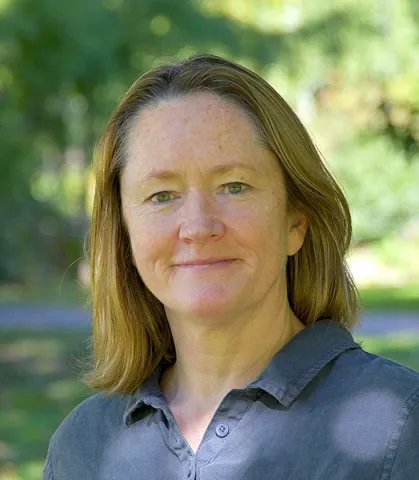Project overview
DECCMA is a 4 year, IDRC-funded, CAD$13.5million programme of applied research on the adaptation options, limits and potential in deltaic environments to current weather variability and extremes, as well as climate change. The project ran from February 2014 to September 2018. Research focussed on four deltas – the Ganges-Brahmaputra-Meghna (Bangladesh and India); the Nile (Egypt); the Volta (Ghana); and the Mahanadi (India). Large tracts of land at low elevation make deltas vulnerable to sea-level rise, but they also experience climate impacts such as droughts and fluvial flooding. Deltas have some of the highest population densities in the world with 500 million, often poor, residents. Key outputs all free to download:
Staff
Other researchers
Collaborating research institutes, centres and groups
Research outputs
Emma Tompkins, Katharine Vincent, Natalie R Suckall, Rezaur Rahman, Tuhin Ghosh, Adelina Mensah, Kirk Anderson, Alexander Chapman, Giorgia Prati, Craig Hutton, Sophie A. Day & Victoria, Sian Price,
2020
Type: bookChapter
Natalie Suckall, Emma Tompkins & Katharine Vincent,
2019, Environmental Science & Policy, 96, 64-69
Type: article
Natalie Suckall, Emma L. Tompkins, Robert J. Nicholls, Abiy S. Kebede, Attila N. Lázár, Craig Hutton, Katharine Vincent, Andrew Allan, Alex Chapman, Rezaur Rahman, Tuhin Ghosh & Adelina Mensah,
2018, Science of the Total Environment, 633, 946-957
Type: article
Emma L. Tompkins, Katharine Vincent, Robert J. Nicholls & Natalie Suckall,
2018, Wiley Interdisciplinary Reviews: Climate Change
DOI: 10.1002/wcc.545
Type: article
Sally Brown, Robert J. Nicholls, Attila N. Lazar, Duncan D. Hornby, Chris Hill, Sugata Hazra, Kwasi Appeaning Addo , Anisul Haque, John Caesar & Emma L. Tompkins,
2018, Regional Environmental Change
Type: article



